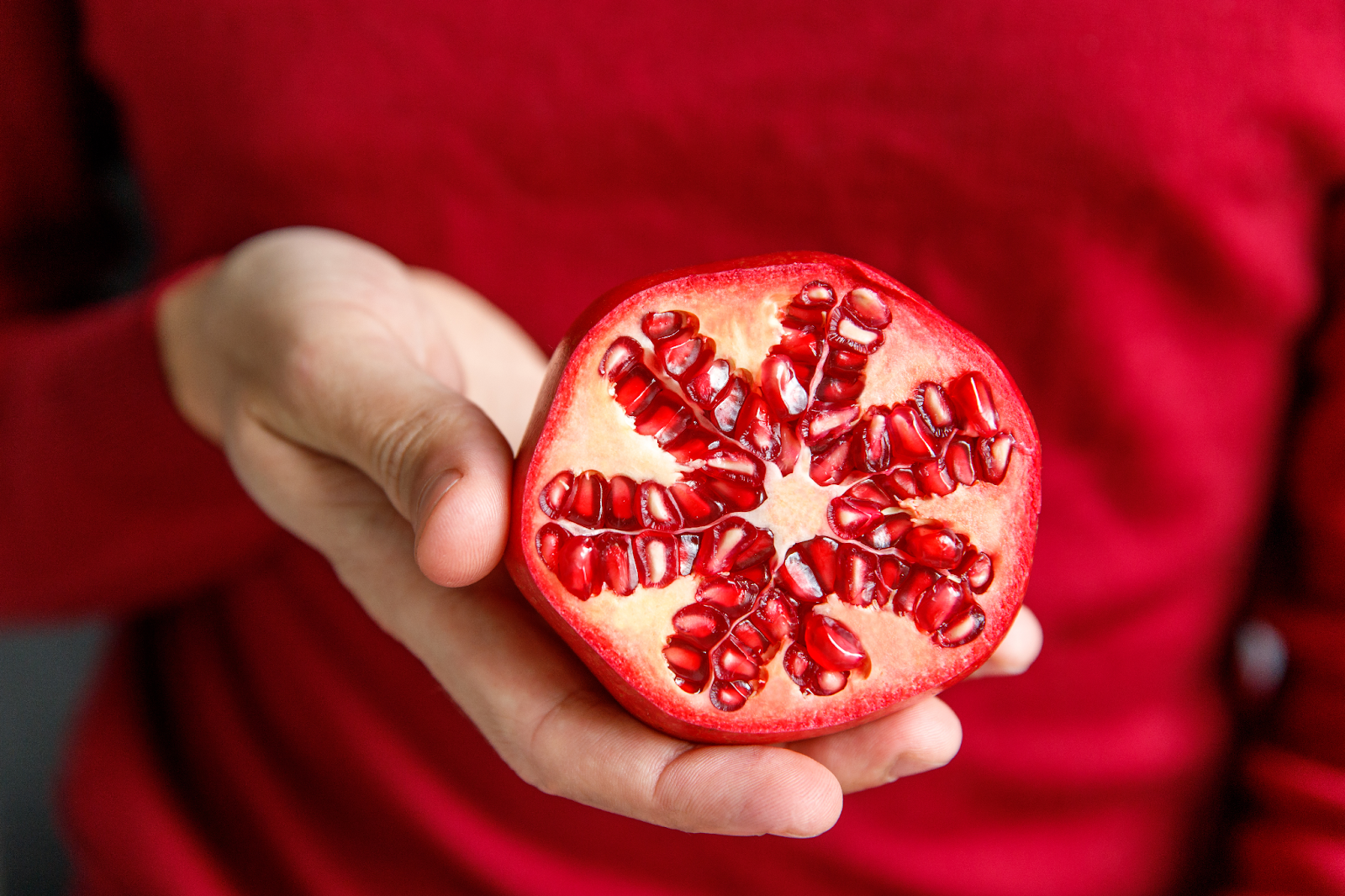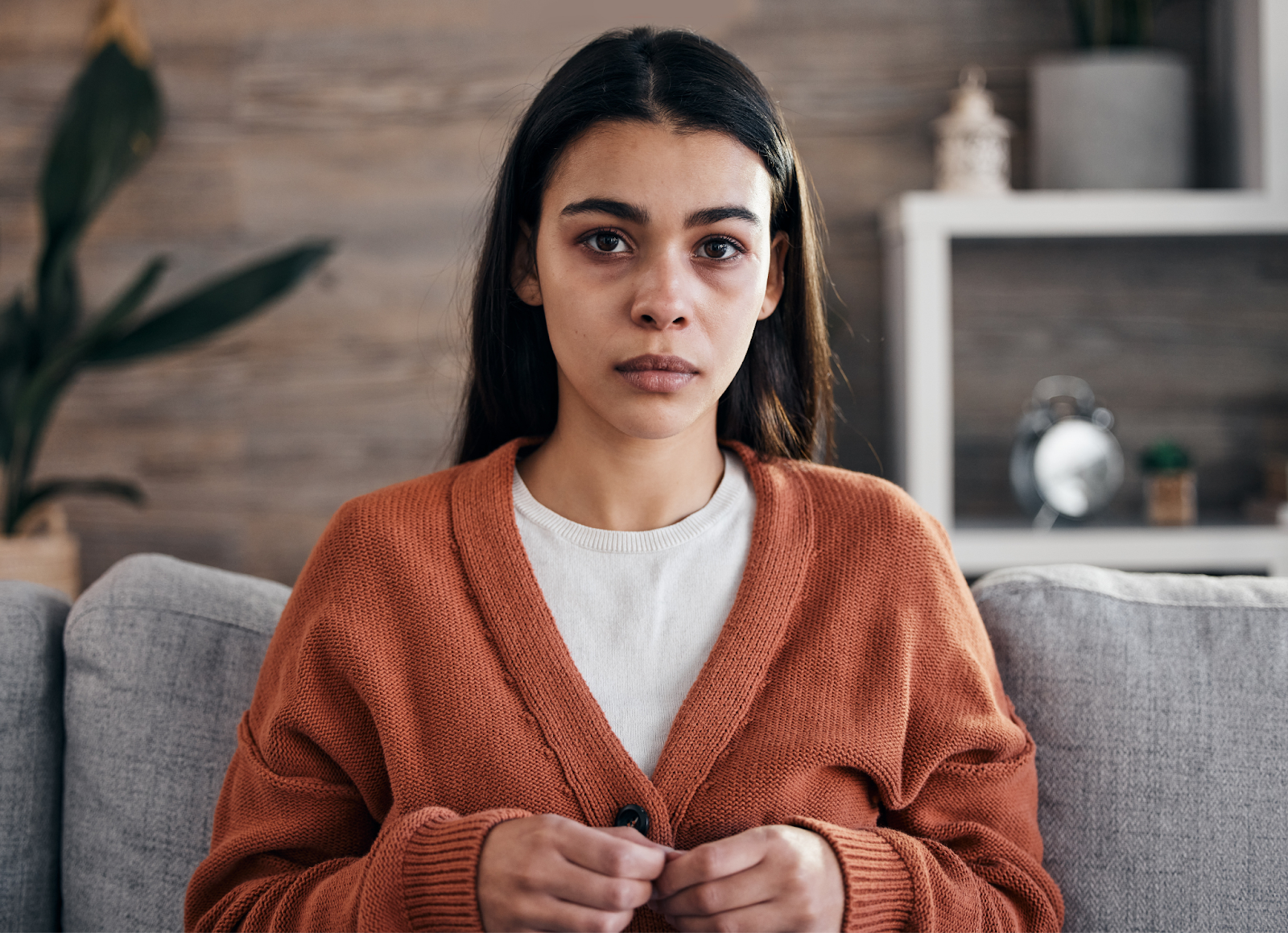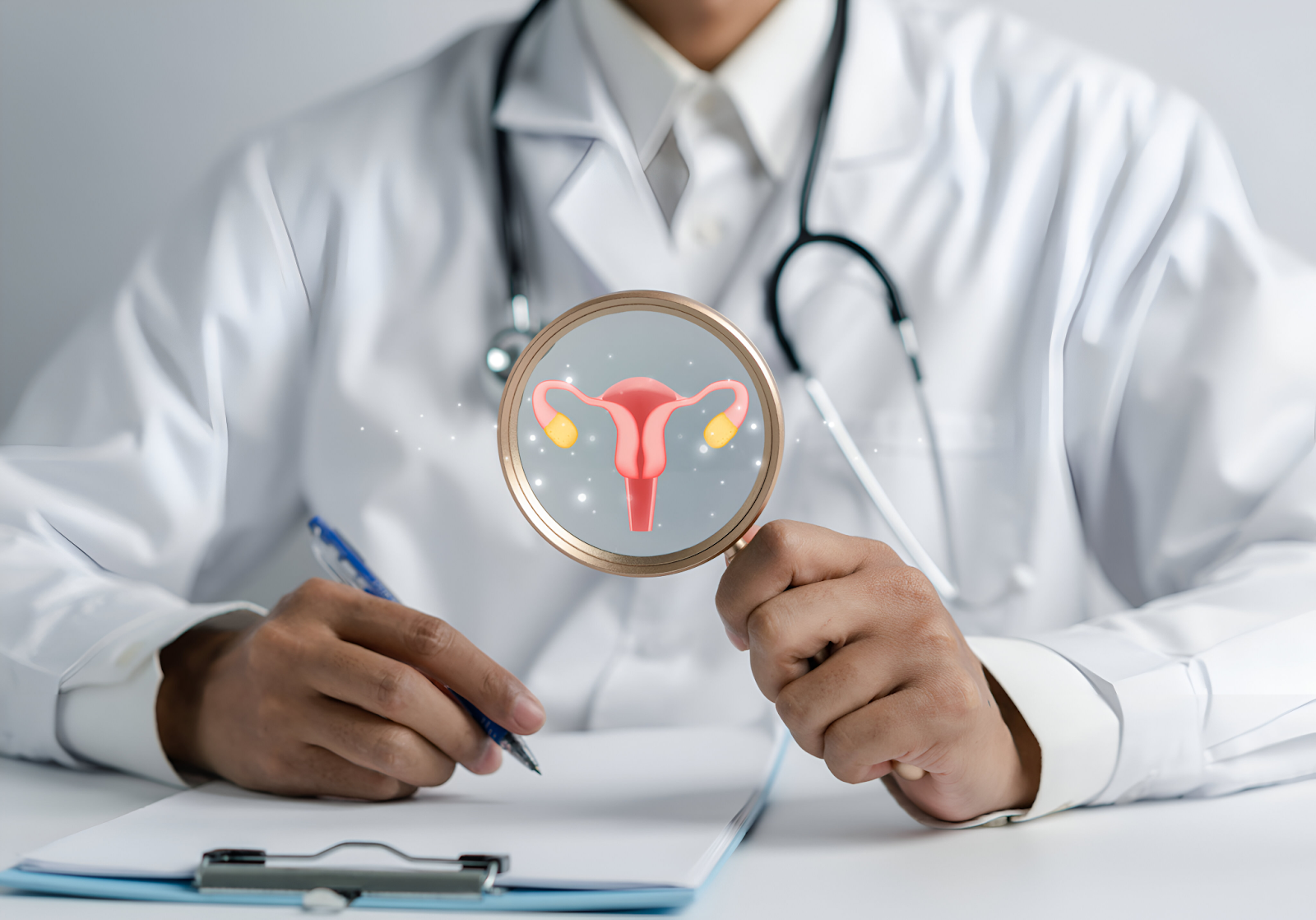


Polycystic Ovary Syndrome (PCOS) is one of the most common hormonal disorders affecting women of reproductive age. It results from an imbalance in reproductive hormones and is usually detected through ultrasound imaging combined with clinical symptoms.
PCOS can lead to irregular periods, difficulty getting pregnant, and other health concerns if left untreated. Many women wonder: “Does PCOS always cause infertility? Is it dangerous? Can it be managed naturally?” — in this article, you’ll find clear answers.
PCOS symptoms vary from woman to woman in type and severity. The most common include:

Doctors usually diagnose PCOS if two out of three criteria are met (after ruling out other conditions):

In Episode 4 of our podcast Mech 3ayb, we debunk myths and explain PCOS with medical experts in plain, taboo-free language.
Watch the episode here:
If untreated, PCOS can lead to serious health problems, especially in women with obesity or insulin resistance:

There is no “cure” for PCOS, but symptoms and risks can be managed effectively.
In rare cases, laparoscopic ovarian drilling or laser treatment may reduce cysts.
Discover our program 14 Yoga Sessions for Better Sexual Health for practical support.
1. Is PCOS dangerous?
PCOS itself isn’t life-threatening, but it increases the risk of diabetes, infertility, and cardiovascular disease if untreated.
2. Does PCOS always cause infertility?
No. While PCOS can make pregnancy harder due to irregular ovulation, many women conceive naturally or with medical help.
3. Can PCOS be treated naturally?
There is no permanent “natural cure,” but lifestyle changes — diet, exercise, supplements — can significantly reduce symptoms.
4. Can teenagers develop PCOS?
Yes. PCOS often begins in adolescence, presenting with irregular cycles, acne, or weight gain.
5. What’s the difference between PCOS and a simple ovarian cyst?
PCOS is a chronic hormonal condition, while a simple cyst is usually temporary and often disappears on its own.
✨ Explore our programs | 🎧 Listen to our podcast | 📩 Subscribe to our newsletter
✨ Explore our programs | 🎧 Listen to our podcast | 📩 Subscribe to our newsletter


Enter your email address